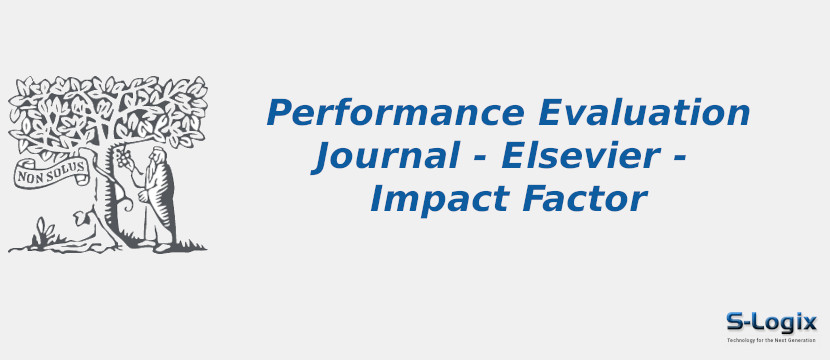Journal Home: Journal Homepage
Editor-in-Chief: G. Casale
Print ISSN: 0166-5316
Electronic ISSN:
Abstracting and Indexing: Scopus, SCience Citation Index Expanded
Imapct Factor 2024: 0.8
Subject Area and Category: Computer Science , Computer Networks and Communications, Hardware and Architecture, Software, Mathematics, Modeling and Simulation
Publication Frequency:
H Index: 72
Q1:
Q2:
Q3: Computer Networks and Communications
Q4:
Cite Score: 3.0
SNIP: 0.767
Journal Rank(SJR): 0.426
Latest Articles: Latest Articles in Performance Evaluation
Guidelines for Authors: Performance Evaluation Author Guidelines
Paper Submissions: Paper Submissions in Performance Evaluation
Publisher: Elsevier
Country: Netherlands
